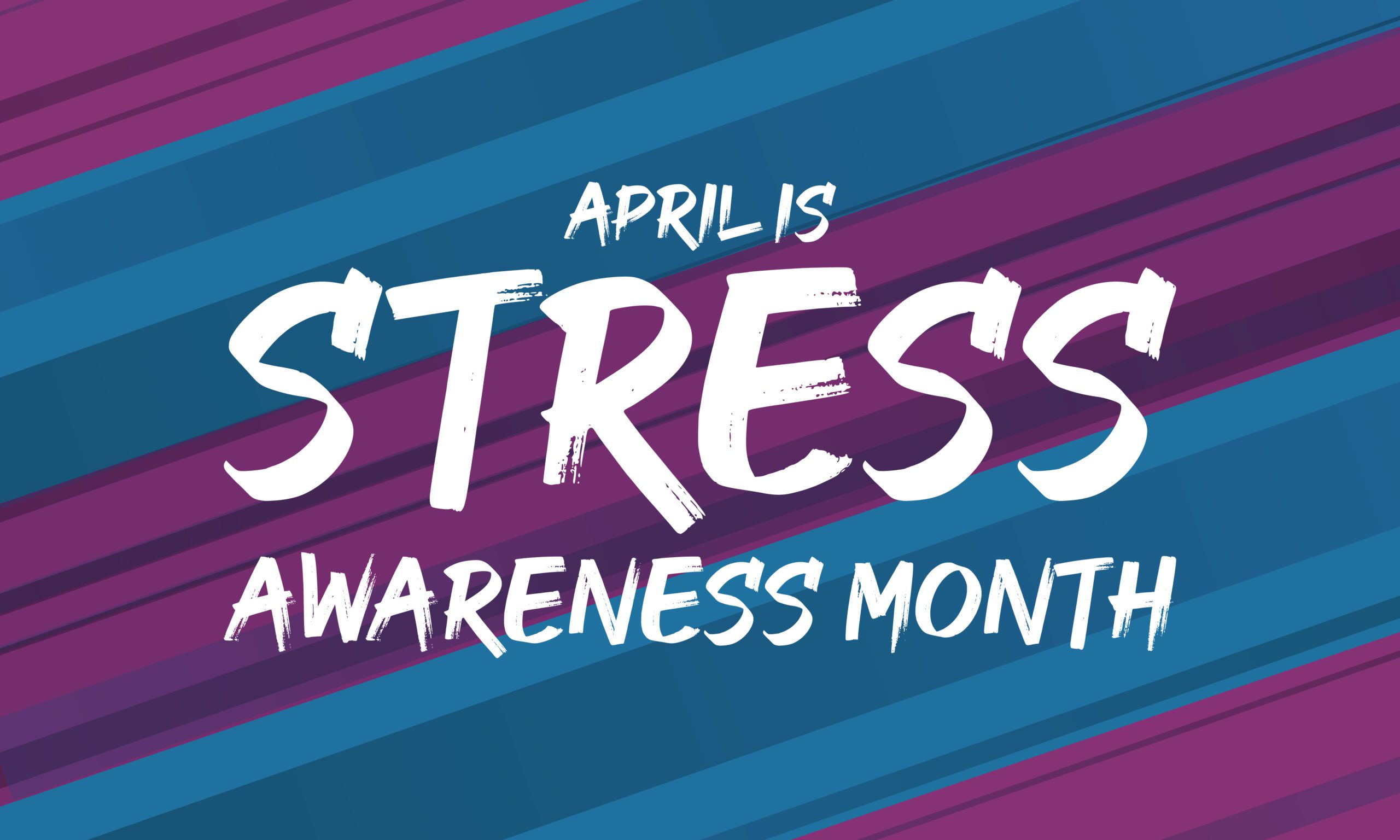Your team suffers when you are stressed even if you yourself fail to see the symptoms. According to a recent study of 1,000 college-educated employees, only 7% believed that stressed leaders were effective leaders. Instead, employees felt that a stressed-out leader hurt both the team and the company; the employees themselves became disengaged and uninterested in progressing in their careers, especially in leadership positions.
What Is Mindfulness?
The antidote to this toxic stress is mindfulness, which combines hope, efficacy, resilience, and optimism and is firmly based on self-awareness. When you show mindfulness, you are able to:
- Step back from a situation and see your own role in it. This talent is also known as “metacognition,” or an awareness of your own thought processes.
- Suspend judgment. You do not judge yourself or anyone else, but face the reality of the situation and try to see it objectively.
- Gather information. You make decisions only after you are completely satisfied that you know the who, what, when, where, and how—you are endlessly curious.
Mindfulness allows you to maintain insight into your own level of stress, involvement, and leadership. Every theory about leadership, from transactional leadership to servant leadership, emphasizes the value of mindfulness in helping to shift your focus from exclusively promoting your own career and goals into thinking critically, building relationships, and understanding your obligations to others, without forcing them into your way of thinking.
How Do You Foster Mindfulness?
True mindfulness depends on:
- Core values—to give your mindfulness a purpose and direction.
- Practice—for example, regularly meditating, spending time outdoors, journaling, or expressing yourself creatively.
- Action—for example, you are mindful of your impatience and take steps to become more patient.
Mindfulness can easily become stressful in itself if you are determined to be “perfect” in your practice or berate yourself for failure in action. It can also undermine rather than support your team if you turn mindfulness into a reason to feel superior to others or a way to manipulate them.
You may need assistance in finding a mindfulness practice that enables you to understand your emotions and their effects. But you and your team will benefit from reduced stress, increased mutual support, expanded understanding, and a renewed ability to change and innovate.




